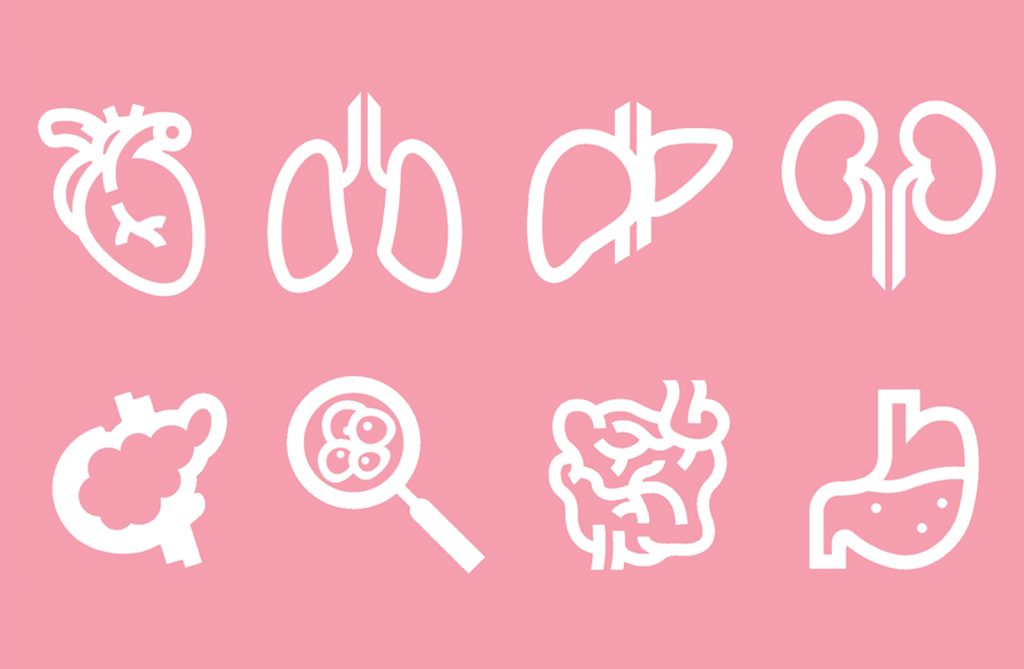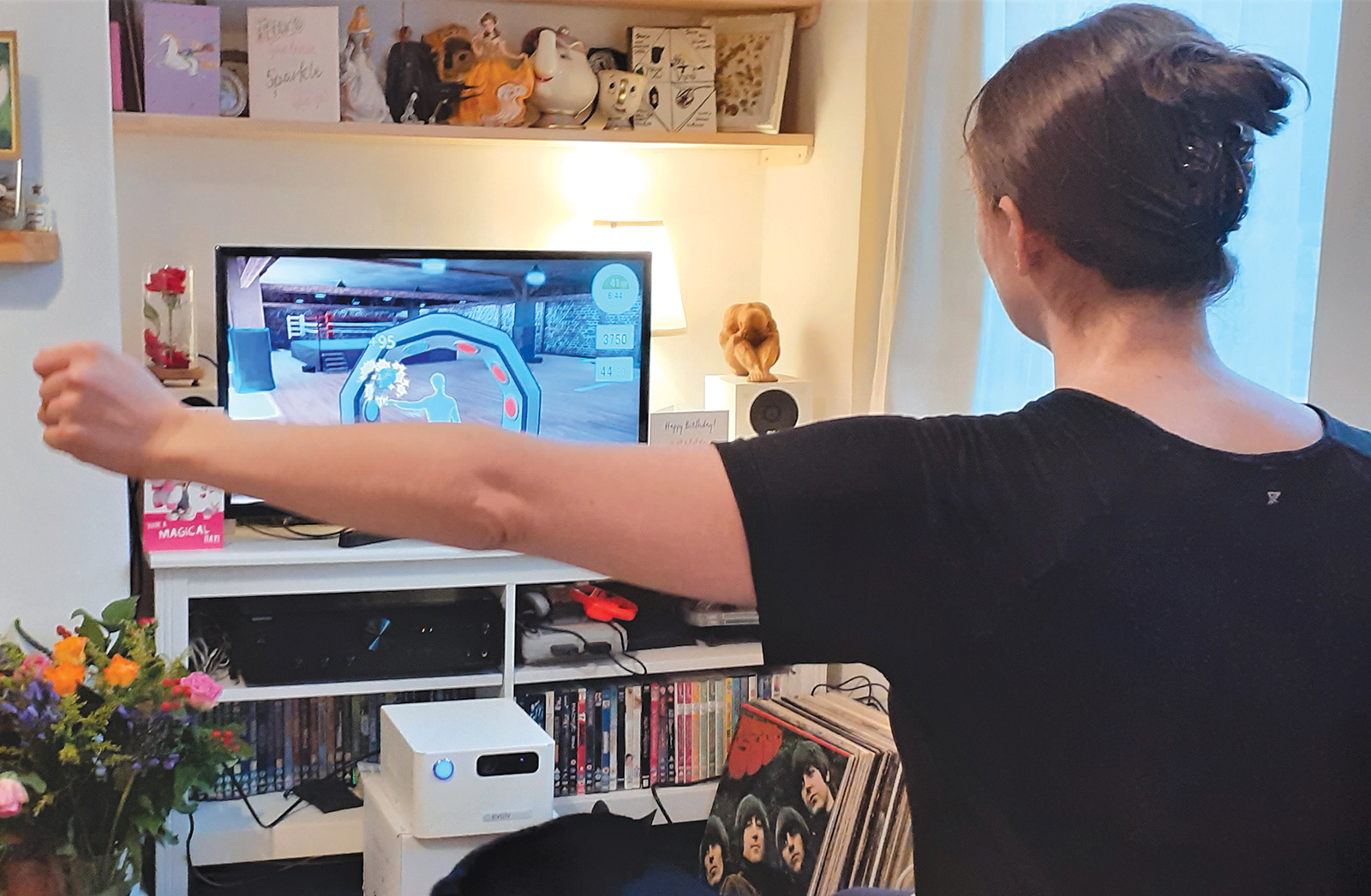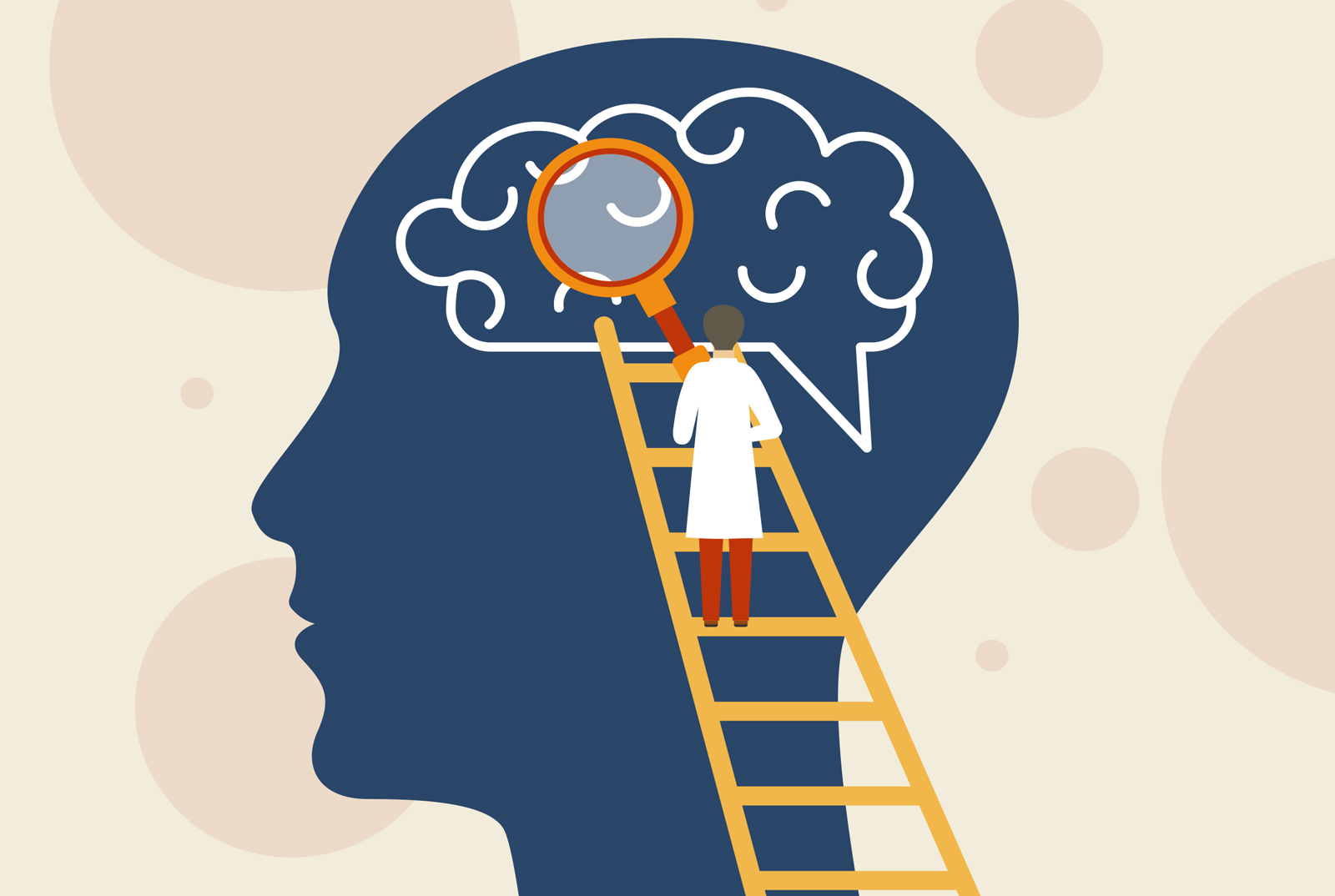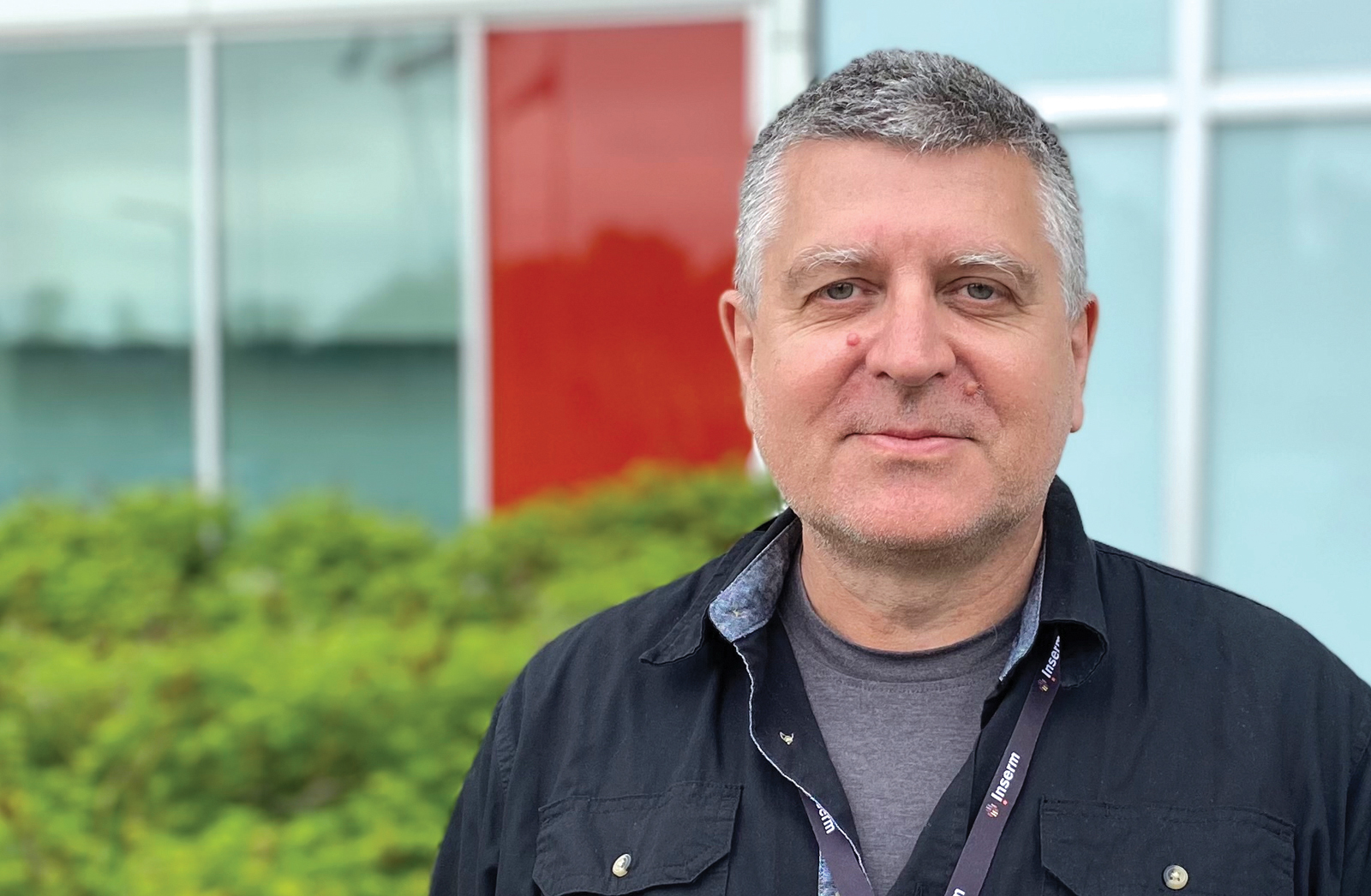A look at organ donation in Canada
The donation of an organ can have a profound impact. A single organ donor can save up to 8 lives. This number rises dramatically when tissue and eye donations are also considered. Though there have been improvements in the number of organ donations in the last decade or so there is also a significant number of people on the waiting list who die each year.
According to the Canadian Institute for Health Information, most recent data shows in 2023 there were:
• 3,406 Organ transplants
• 601 living donors
• 945 deceased donors
• 3,427 patients actively waiting (or on hold) for a donation
• 681 patients waiting that died or withdrew from the wait list

Types of donations
Organ and tissue donation involve healthy organ and tissues being removed from a donor and then being transplanted into a recipient who requires them. Organ donation happens after death, most people can be considered for tissue donation, but only 1-2% of deceased people can be considered for organ donation. However, there is also a number of options to donate your organs while living. Individuals may donate a kidney, a lobe of the lung or a part of a liver if they are age of majority or in good health. Different provinces have different mechanisms to opt-in or out of organ donations. If you give consent to donate your organs, it is important to notify your family about your decision, while they can’t override your decision, informing them about this choice can provide relief.
The most commonly donated organ is the kidney. Kidney transplants are often the best way to treat chronic kidney disease compared to other treatments such as dialysis. Other commonly donated organs are the lungs, liver, and pancreas.
Barriers to organ donation
First of all, religious beliefs can affect people’s desire to donate. Some religions have beliefs on the sanctity of the body, or the care undertaken in the progress of removing organs and therefore discourage the act. Cultural norms can also cause opposition from family members or one’s self. Organ donation has no cost and little effect if you have an open-casket funeral.
Education also plays a major role in overcoming hesitation. Many Canadians remain unaware of how the organ donation process works, or fear misinformation such as thinking doctors won’t try to save them if they are registered donors. Public campaigns and school-based education can help correct these misperceptions.
There is also a general lack of trust around the process of organ donation. There are two ways one must die if they are to become an organ donor; neurological determination of death (brain death), and donation after circulatory death. This presents another challenge that affect the desire to donate organs include mistrust in the healthcare system and conflicting definitions of brain death. These concerns intertwine with ethical and legal concerns with inconsistent legal frameworks for the process that vary greatly depending on the jurisdiction. All these factors affect physician’s ability to obtain consent.
Ranked as thirteenth
Though strides have been made to improve the level of organ donation in here, Canada is still ranked 13th in the world in the utilization of deceased donor organs, according to the Canadian Institute for Health Information. Spain and the United States of America rank 1st and 2nd, respectively. In terms of living organ donors Canada doesn’t fare much differently – ranking 14th in the world. For Canada to increase their ranking compared to similarly resourced communities’ expert recommended options include:
1) Mandatory referrals and training for professionals
2) More donation physicians to help increase donation rates
3) Improved consumer education
Overcoming barriers—whether cultural, educational, or systemic—will require continued investment, public engagement, and consistent policy across provinces. By registering as an organ donor and having open conversations with loved ones, every Canadian has the opportunity to make a lasting impact. The gift of life is the most meaningful gift we can give—let’s ensure more people have the chance to receive it.
Anjolina Rankin-West is an editorial assistant with an interest in family caregiving.
Photo: Shutterstock
Register to Donate
You can register online or through your healthcare provider. Of note: Nova Scotia has an ‘opt-out’ system, one of the first jurisdictions in North America to presume consent from individuals to donate their organs unless withdrawn, that consent is not given. There is push by organ recipients to instate this system in Ontario and discussions about in Prince Edward Island, using ‘opt-out’ as well. For provincial-specific information on registering to donate your organs, visit:
Alberta –
https://myhealth.alberta.ca/Pages/OTDRHome.aspx
British Columbia –
http://www.transplant.bc.ca/
Manitoba –
https://www.transplantmanitoba.ca/transplant-program
New Brunswick –
https://www2.gnb.ca/content/gnb/en/departments/health/Hospital-Services/content/organ_donation.html
Newfoundland and Labrador –
https://www.easternhealth.ca/
Northwest Territories –
https://www.hss.gov.nt.ca/en/services/organ-and-tissue-donation/organ-and-tissue-donation-registration-process
Nova Scotia –
https://www.nshealth.ca/clinics-programs-and-services/legacy-life
Nunavut (managed by Alberta) –
https://myhealth.alberta.ca/Pages/OTDRHome.aspx
Ontario –
https://beadonor.ca/
Prince Edward Island –
https://www.princeedwardisland.ca/en/service/register-as-an-organ-andor-tissue-donor
Quebec –
https://www.transplantquebec.ca/en
Saskatchewan –
https://www.saskatchewan.ca/residents/health/accessing-health-care-services/organ-and-tissue-
donor-registry
Yukon –
https://yukon.ca/en/health-and-wellness/health-concerns-diseases-and-conditions/donate-your-organs












